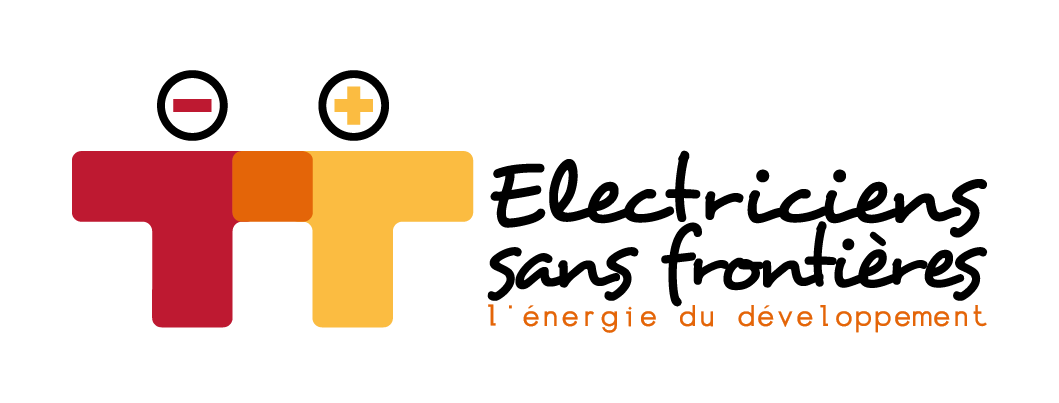Access to a high-quality education in good conditions remains a major current challenge, both for students and their families, for their teachers and, because of its leveraging effect, for communities as a whole.
The challenges
School attendance rates rise in line with the rate of access to electricity. Similarly, the human development index increases at the same time as access to electricity. – According to a UNDP study.
The solutions
Access to electricity and water for education meets clearly identified needs, the solutions to which are simple to implement:
Children, and especially those who return every night from high school or college, find a lighted classroom is an excellent place to study in good conditions. When the weather is bad, and when the classroom has shutters, there is enough light to close the windows to provide protection against the cold or sandstorms.
Thanks to the lighting in the classroom, the teacher is able to give extra evening lessons to students who need them and to prepare the programme for the next few days.
Most schools in rural areas do not have access to running water. Students often carry their gourd on the way to school, sometimes ten kilometres away. Installing a water supply point in school buildings allows them to access clean water and to adopt hygienic practices, such as washing their hands.
Creating a computer room allows young people to use computers, to learn about information and communication technologies and to benefit from innovative educational content.
In 2018 757 million adults and 115 million young people worldwide were illiterate. An illuminated classroom welcomes adults in the evening for reading and writing lessons.
Some of our projects consist in electrifying a vocational training centre. The electricity is used for lighting classrooms but also in the use of educational tools that are needed for training. The volunteer teams often provide workshop training to a team of apprentices to combine theory and practice.
We are still studying the possibility of electrifying not only the school but, in addition, that of the principal’s and the teachers’ accommodation, so as to offer them better living conditions and thus reduce the turnover of teachers in isolated rural areas.
In these regions the school is also a meeting and social place where village councils can be held or film screenings can be organized when the community has a video projector.
Projet
Emergency in Indonesia: helping those displaced by the tsunami
The violent earthquake and tsunami that struck Indonesia on 28th September 2018 left more than 2,000 dead, as well as thousands of people injured and missing. Electriciens sans frontières' volunteers intervened to help those displaced by the tsunami.
Voir le projet